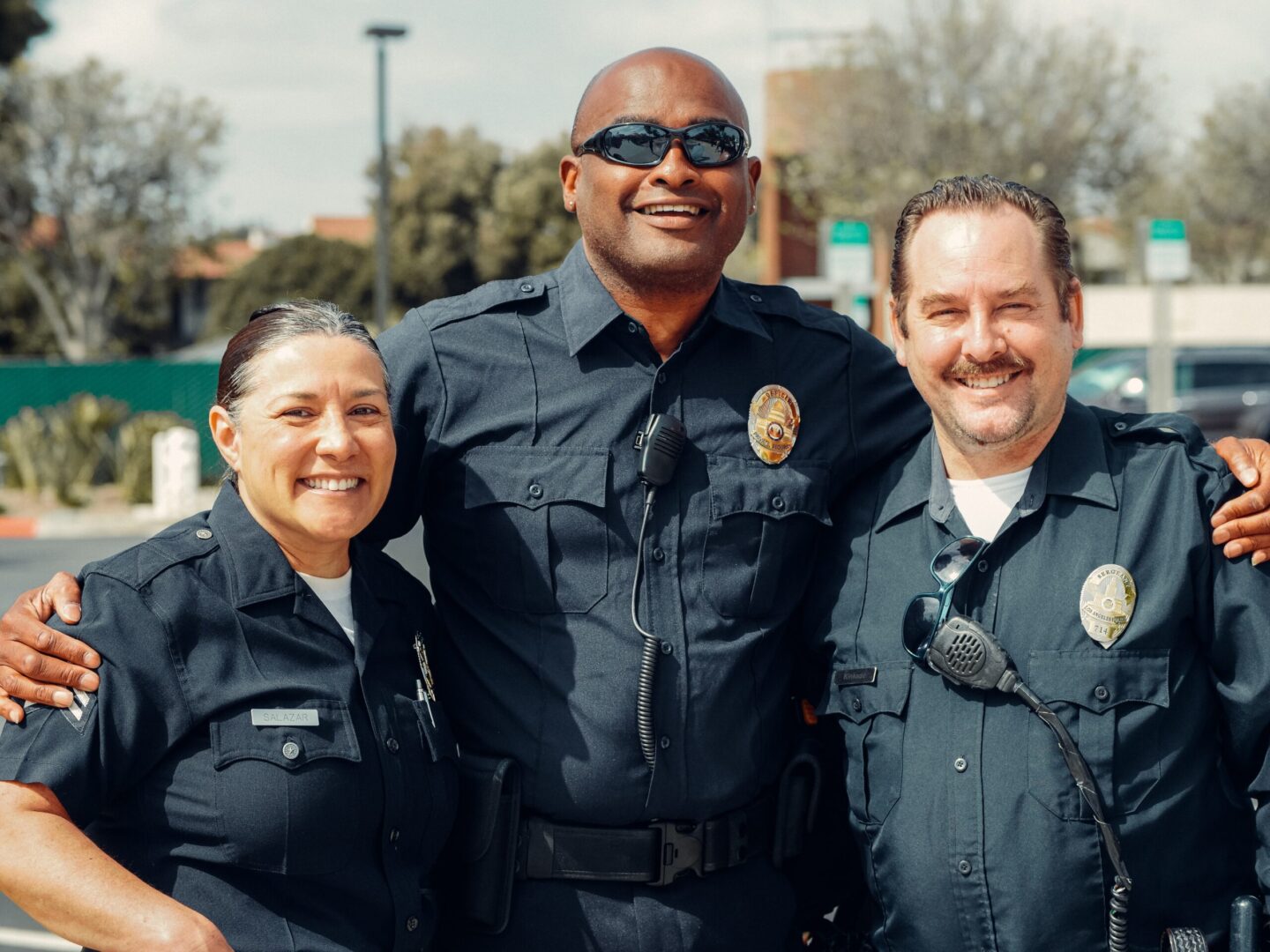Workplace culture plays a crucial role in the overall satisfaction and well-being of employees, including police officers. As the law enforcement community continues to face ongoing scrutiny and criticism, understanding the state of police workplace culture is essential. In this blog post, we’ll discuss the findings from our Police Officer Workplace Culture Survey, conducted in partnership with the National Police Foundation. We’ll explore what the data reveals about the current state of law enforcement culture and the implications for the future.
The State of Police Workplace Culture
The survey results revealed that overall, police officers believe that their workplace culture is not as positive as it could be. Only 46% of respondents agreed that their department fosters a positive work environment, with many indicating that their department culture is characterized by a lack of trust, communication, and respect.
Furthermore, the survey found that a significant proportion of officers have experienced or witnessed misconduct, discrimination, and harassment in the workplace. For example, 43% of respondents reported experiencing or witnessing misconduct, such as excessive use of force, while 32% reported experiencing or witnessing discrimination or harassment.
The Impact on Officer Well-being and Job Satisfaction
The data also showed a strong link between workplace culture and officer well-being and job satisfaction. Officers who reported experiencing or witnessing misconduct or discrimination were more likely to report higher levels of stress, burnout, and low job satisfaction.
In addition, officers who perceived their department to have a positive workplace culture reported higher levels of job satisfaction and were more likely to report good mental health. Those who reported high levels of trust, communication, and respect within their department also reported higher levels of job satisfaction and well-being.
Implications and Recommendations
The survey results suggest that improving police workplace culture is crucial for the well-being and job satisfaction of officers. It’s also essential for the public’s trust and confidence in law enforcement. Based on the survey findings, we recommend the following strategies for improving police workplace culture:
- Foster an inclusive workplace culture that values diversity, equity, and inclusion.
- Increase transparency and communication to build trust and respect between officers and their departments.
- Provide training and resources to address issues related to misconduct, discrimination, and harassment in the workplace.
- Support officers’ mental health and well-being by prioritizing access to resources and support services.
- Invest in leadership development to promote positive management practices that build and maintain a positive workplace culture.
Conclusion
The Police Officer Workplace Culture Survey offers valuable insights into the current state of law enforcement culture and its impact on officer well-being and job satisfaction. The data suggests that improving police workplace culture is essential for creating a positive work environment that supports the well-being and job satisfaction of officers. By implementing the recommendations outlined in this blog post, law enforcement agencies can create a more positive and supportive workplace culture for their officers, ultimately improving the quality of service provided to the community. Conduct your own employee surveys by using Officer Survey’s easy to use platform designed exclusive for law enforcement.
Sources:
- National Police Foundation. (2021). Police Officer Workplace Culture Survey. https://www.policefoundation.org/publication/police-officer-workplace-culture-survey/
- Reaves, B. A. (2021). Police Response to Protest Activity, 2016-2020. Bureau of Justice Statistics. https://www.bjs.gov/content/pub/pdf/prpa1619.pdf
- Pew Research Center (2017) https://www.pewresearch.org/social-trends/2017/01/11/police-culture/








